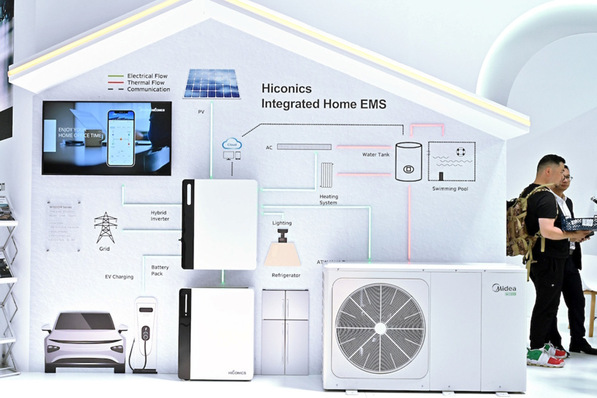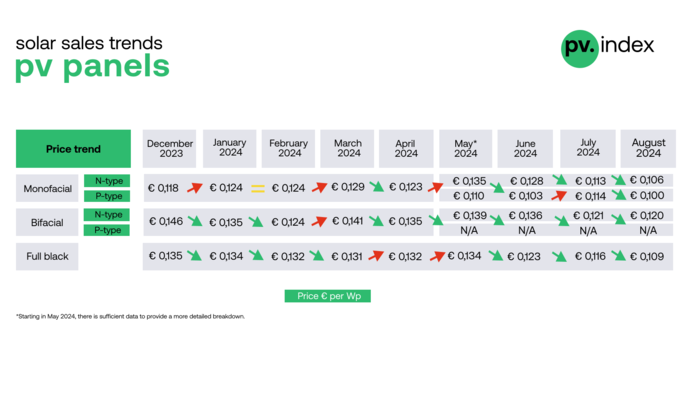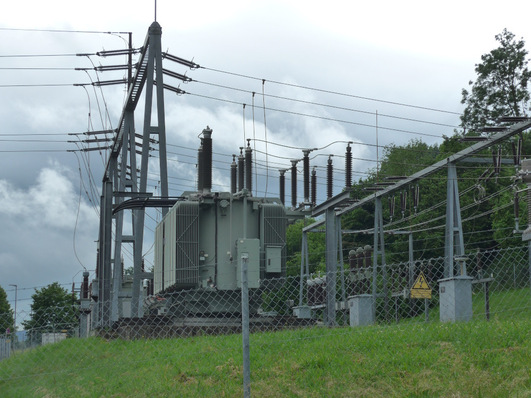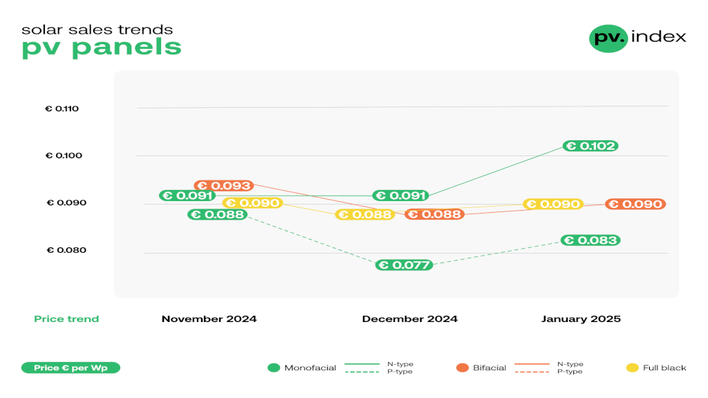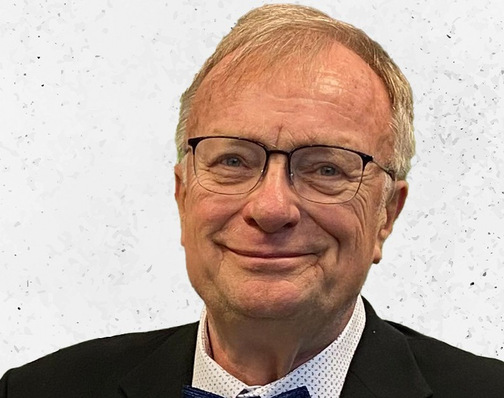The residential sector is currently weakening. What effect does this have on your business in Poland?
Michal Marona: The Polish market offers many challenges. We have had strong growth in recent years. In 2022, 4.4 gigawatts of PV were installed in Poland, and in 2023 it was 4.8 gigawatts. In 2024 and 2025, economic experts expect an installed photovoltaic capacity of 3.5 gigawatts for Poland. What I mean by that is: the market in Poland has declined, but we are still talking about 3.5 gigawatts.
That is not a small market. As for your question about the residential market, I would like to look at it in a differentiated way. At SolarEdge, we are talking about micro installations. This is the category of PV systems up to 50 kilowatts peak. This includes the residential sector, but also commercial - and yes, we have seen a decline there since 2023. But that does not mean that there is no longer any business. In total 1.4 million PV systems with up to 50 kilowatts peak were installed in Poland.
Is the private market still leading?
Most recently, there were around 250,000 systems per year. Around 70% of these were residential systems, the rest were commercial systems. In 2024, there will probably be 120,000 PV systems up to 50 kilowatts peak. Of these, 70% will also be residential systems, 30% commercial systems. This means that over 80,000 residential systems will still be installed. The market may feel a lot smaller than it was in 2023. In fact, however, it has only halved. These are normal market fluctuations.
The PV market in Germany faltered between 2011 and 2013 and then stabilized and grew again. In the Polish PV market for residential systems, the dynamics depend heavily on government funding measures. These have just been relaunched in September. The funding of 90 million euros was awarded within a week. The amount was then increased to 300 million euros. It can therefore be assumed that the residential market will pick up. At the same time, it is expected that the area of small commercial PV systems will at least remain stable or even grow, because self-generated PV power is significantly cheaper than grid power.
Also interesting: Market moves up and down, generally with good prospect
What are the challenges in the Polish PV market?
The biggest challenge in the Polish energy market is certainly the transition from coal-fired power to renewable energies. Poland has come from an electricity supply that was over 80% based on coal. Converting this centrally organized supply with large coal-fired power plants to a decentralized, CO2-neutral supply is probably the biggest challenge. At the same time, however, it is also a great opportunity, especially for photovoltaics.
The problem is the distribution networks in the low-voltage range, which were built 40 years ago for a completely different type of supply. The network conversion and expansion will take a long time and will hinder the expansion of photovoltaics in Poland. We already have this problem today. The quick solution can be battery power storage, in all capacities, from domestic power to commercial power storage to grid-serving power storage.
Also of interest: Menlo Electric: 1 GW of PV component deliveries in 2024 to date
What market strategy does SolarEdge pursue in Poland?
Our strengths are maximum flexibility for the user when planning and installing their photovoltaics, monitoring down to the module level, safety through temperature monitoring and maximum visibility of system performance. Due to the data density, we can use our system to implement systems that would not be approved with normal inverters, e.g. in the case of fire protection. What is not an issue in young PV markets, namely fire protection and corresponding demands from insurance companies, especially for commercial PV systems, is an issue in developed markets. This is not a particular danger posed by photovoltaic systems, it is simply due to statistics: more installed systems equal more opportunities for errors.
Another special feature is that our production and company management meet the strict ESG guidelines of the European Union. ESG stands for Environment, Social, Governance and is an assessment of how companies perform in individual areas. Today, ESG mainly affects large companies. In the future, however, ESG will become increasingly relevant for smaller and smaller companies. In the case of commercial PV-systems, this is a competitive advantage from for the company operating the PV-system.
Another advantage especially for our Polish customers is our company office in Katowice. This is where we have our sales and technical centre. All people are concentrated in one place and are in contact with each other. If an employee has a special case, many experts can take it up and work on solutions.
Also of interest: Joachim Goldbeck: “Negative electricity prices are a bad fit with PPAs”
What developments do you expect in the Polish PV economy in the next 12 months?
As mentioned earlier, the Polish PV market offers excellent long-term prospects simply by switching from coal-fired power to CO2-neutral power. An important point that perhaps applies more to Poland and other East European countries than to western EU countries is cybersecurity. As a former member state of the Eastern Bloc, we have more connections and similarities with the East than, for example, Germany or France from a purely technical point of view. After the outbreak of the Ukraine war, the issue of hacker attacks on energy infrastructure has become a major issue in Poland.
If we think of the conversion from a strongly analogue and centralized energy supply system to a smart, AI-controlled decentralized supply, I think the relevance of cybersecurity becomes clear. These concerns increase the further east you go. They are very high in the Baltic States. How important the issue is in Poland can be seen from the position on cybersecurity. This responsibility lies with none other than the Deputy Prime Minister. The second man in the state also holds the position of Minister of Digital Affairs. Here, we offer maximum security with our system. In our view, cybersecurity in decentralized renewable energy supply will be one of the greatest challenges of the future, to which we will be very committed and for which we are well-prepared.
Interview conducted by Manfred Gorgus.



